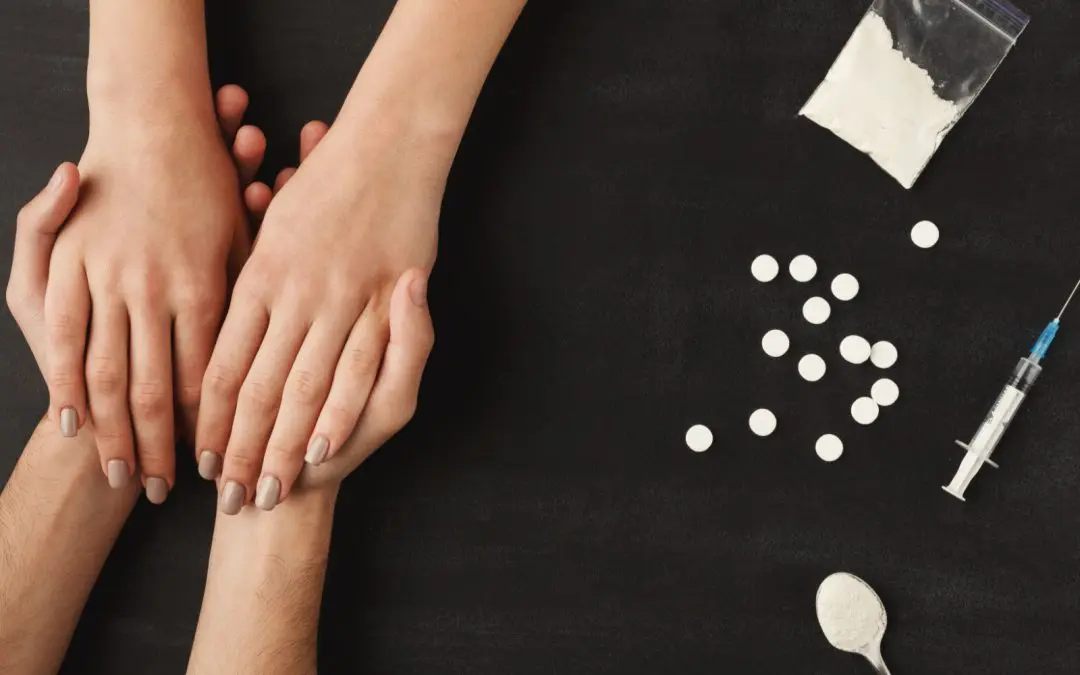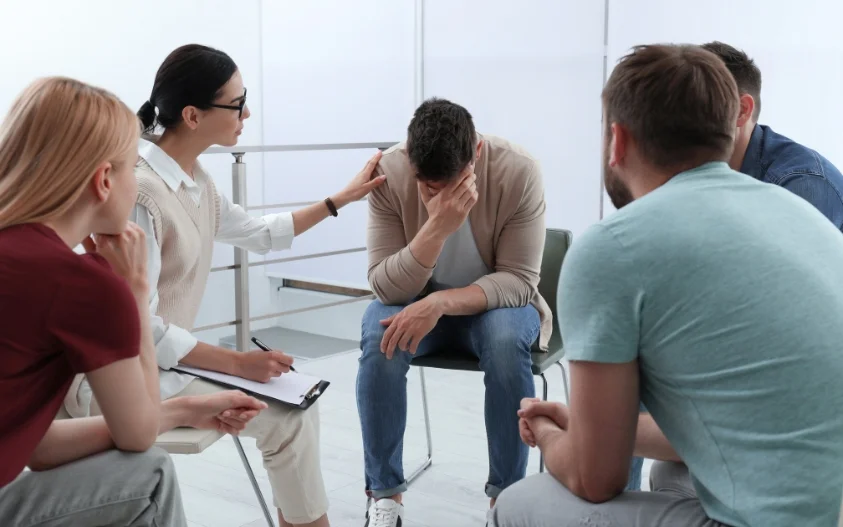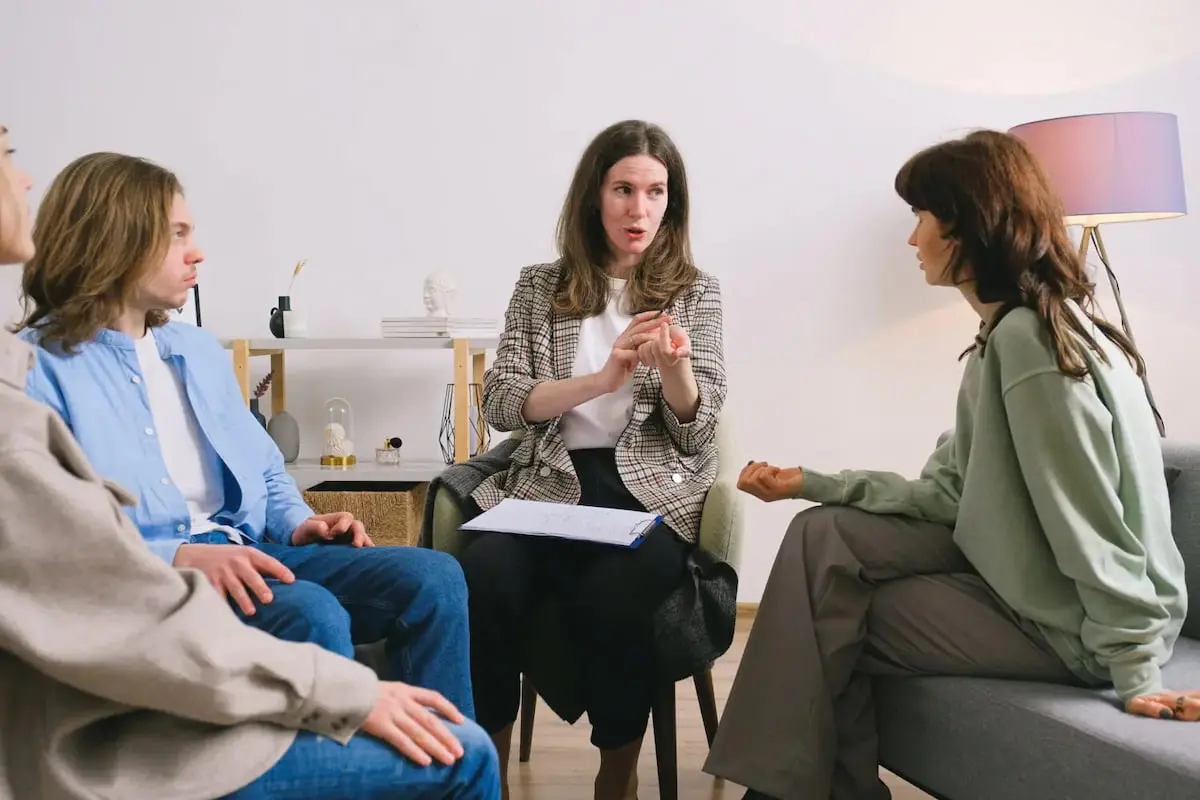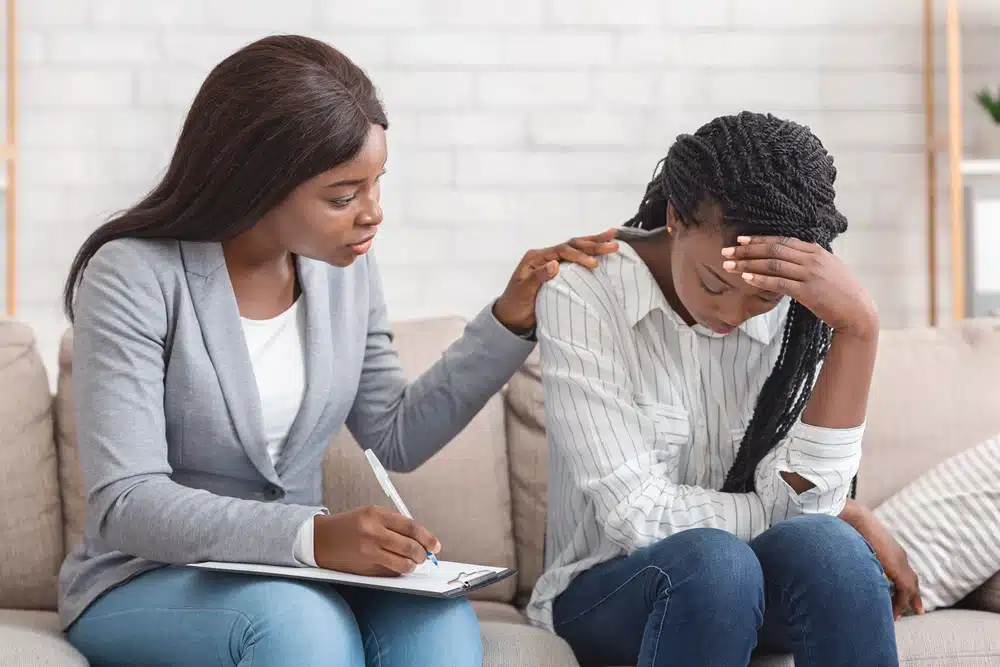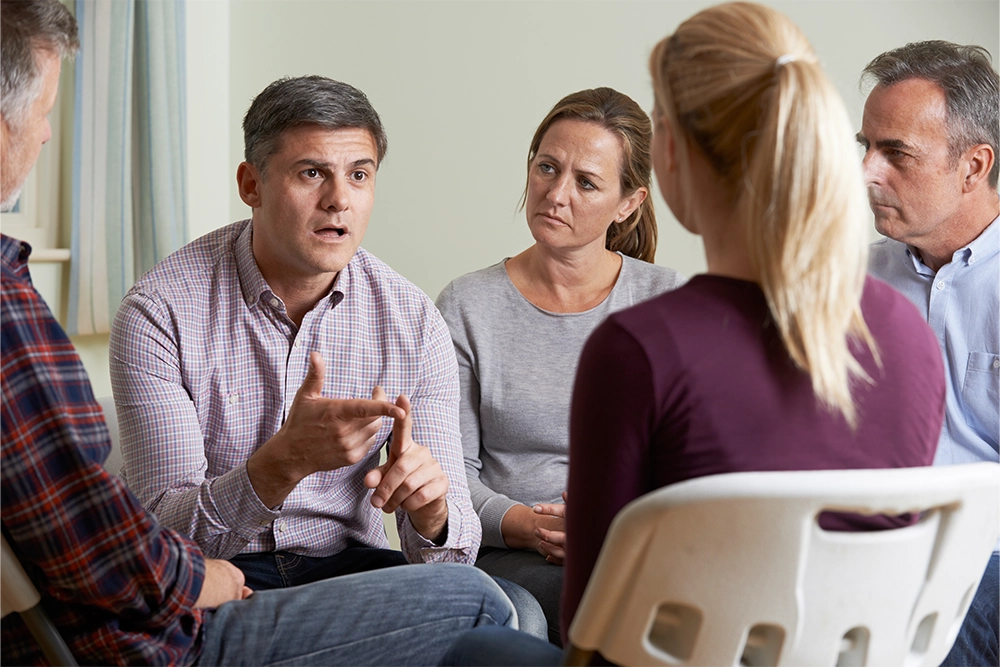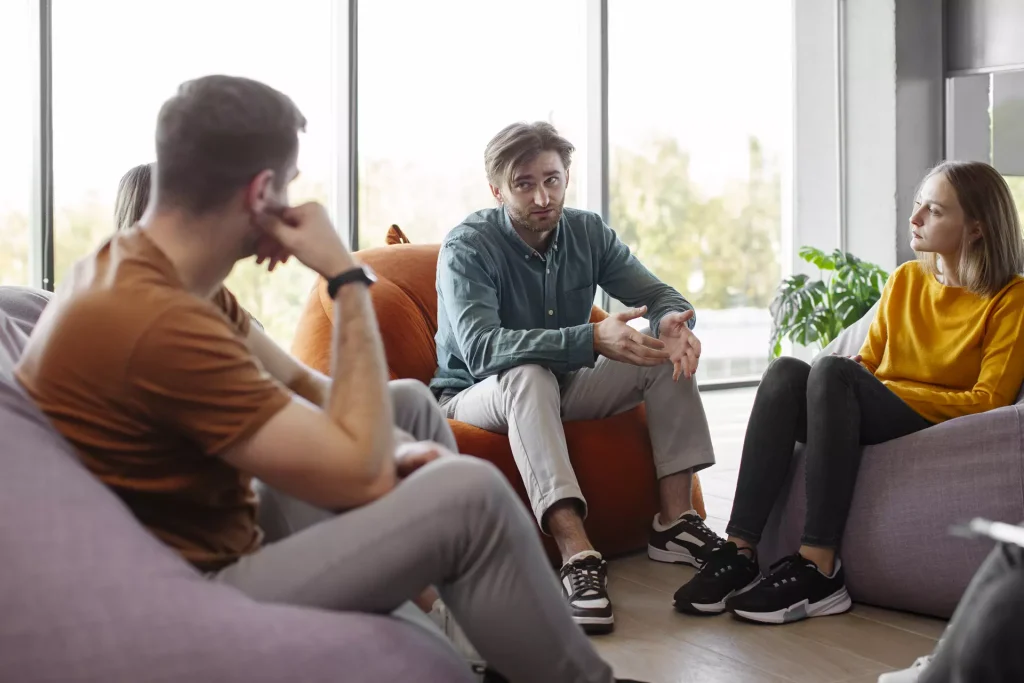24/7 Helpline:
(866) 899-111424/7 Helpline:
(866) 899-1114
Other Categories in Cynthiana
Other Insurance Options

State Farm

Anthem

CareSource

Sliding scale payment assistance

Health Partners

WellCare Health Plans

UnitedHealth Group

Lucent

Optima

Optum

Health Net

BlueShield

Cigna

Coventry Health Care

Multiplan

Excellus

WellPoint

Access to Recovery (ATR) Voucher

Magellan

Holman Group


